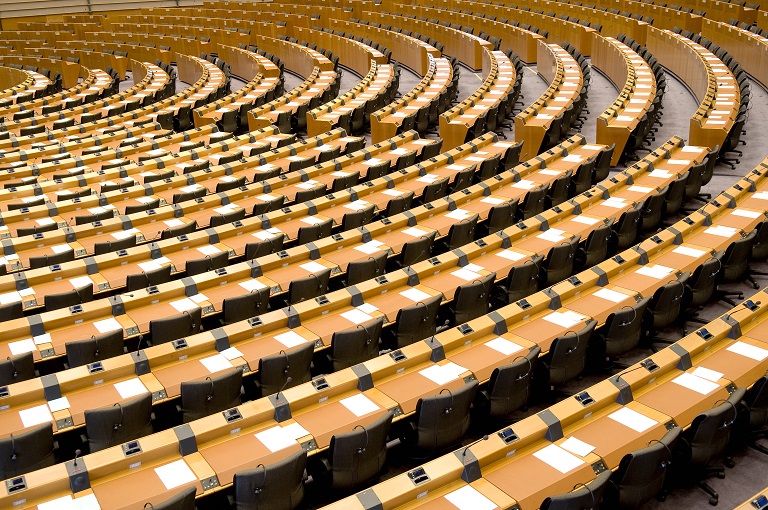European Commission proposes a new directive to fight corruption
Published on 25th Jul 2023
Proposal for a directive aims to update and harmonise EU anti-corruption legislation

On 3 May 2023 the European Commission presented a proposal for a directive which includes new rules defining corruption criminal offences and harmonising sanctions across the European Union. The proposal places a strong focus on strengthening sanction enforcement tools and will have to be negotiated and adopted by the European Parliament and the Council after 25 July, once the consultation period has ended.
This directive would address public and private sector corruption for the first time in a single instrument incorporating, among other things, the provisions of the United Nations Convention against Corruption. It would replace the Council Framework Decision 2003/568/JHA on the fight against corruption involving officials of Member States of the European Union and would amend Directive (EU) 2017/1371, which lays down requirements on the criminalisation of corruption concerning the private sector.
Prevention of corruption
In order to reduce the risk of corruption, the proposal lays down the obligation for Member States to conduct awareness-raising campaigns, to take measures on open access to information of public interest and to establish specialised anti-corruption bodies.
Harmonisation of the definition of criminal offences
Most Member States have in their national legislation offences on bribery in the public and private sector, embezzlement, misappropriation, obstruction of justice and abuse of functions. However, some of the definitions differ significantly from one jurisdiction to the other. Differences in the definition of offences and the lack of criminalisation of some corrupt conducts, for example illicit enrichment, causes problems in cross-border cases and that is why the new proposal seeks to harmonise these definitions.
Heavier sanctions for offenders
The proposal increases the penalties applicable to natural persons and provides for a number of aggravating and mitigating circumstances. Thus, it establishes the minimum level of maximum penalties in a maximum term of imprisonment of at least six years for bribery in the public sector and obstruction of justice, five years for bribery in the private sector, embezzlement, misappropriation, trading in influence and abuse of functions, and four years for illicit enrichment.
Setting a minimum level of the maximum penalty at Union level will therefore facilitate cross-border police and judicial cooperation and increase deterrence. The penalties are compatible with sanctions or measures that are not necessarily of a criminal nature, such as fines or disqualification from holding a public office.
Aggravating circumstances include, among others, the offender being a high level official or a repeat offender. Mitigating circumstances include the offender providing information that is useful to identify other offenders or finding evidence. Those offenders are protected by Directive (EU) 2019/1937 on the protection of persons who report breaches of Union law.
Liability of legal persons
Legal persons can be held liable for any of the criminal offences provided for in this proposal when such offences are committed for the benefit of those legal persons by any natural person, acting either individually or as a part of an organ of the legal person, having a leading position based on a power of representation of the legal person, the authority to take decisions on behalf of the legal person or the authority to exercise control within the legal person. It also provides that such liability shall not exclude criminal proceedings against the natural persons responsible for such criminal offences.
The applicable sanctions can take various forms such as criminal or non-criminal fines (the maximum limit should not be less than five per cent of the total worldwide turnover of the legal person including related entities), the exclusion from public procurement procedures or even the judicial winding-up of the legal person. Also, mitigating circumstances should cover those cases in which a legal person has implemented effective internal controls, ethics awareness and compliance programmes to prevent corruption before or after the commission of the offence and that has, upon discovery of the offence, promptly and voluntarily reported it, taking remedial measures.
Safeguards in the investigation process and prosecution of corruption
The proposal introduces rules to make sure that sufficient investigative tools are in place and that minimum limitation periods are provided to ensure the effective investigation of corruption offences.
Osborne Clarke comment
The aim of this proposal is to ensure that all forms of corruption are criminalised in all Member States and that offences entail effective proportionate and dissuasive penalties.







